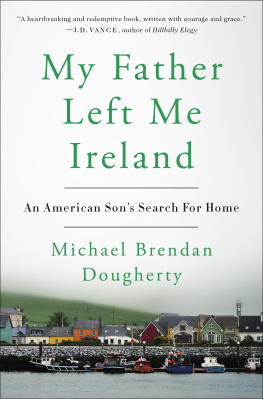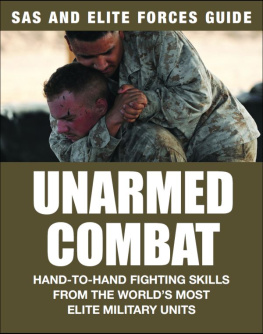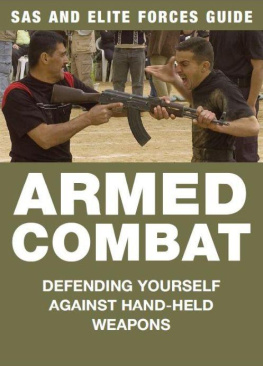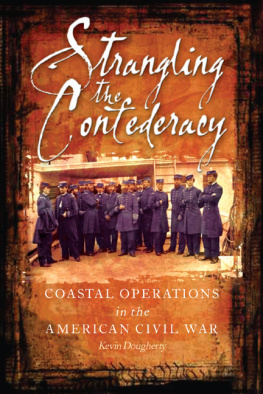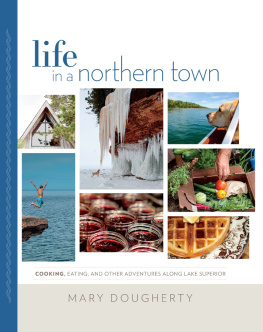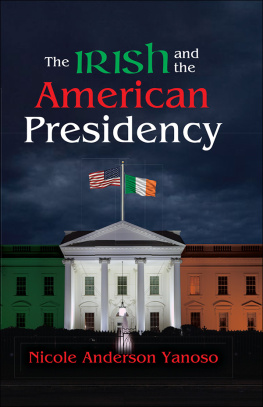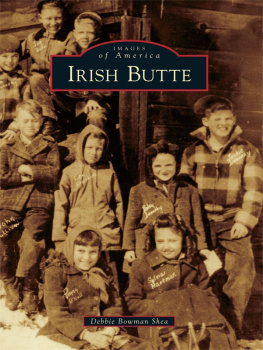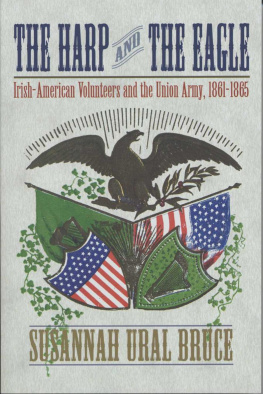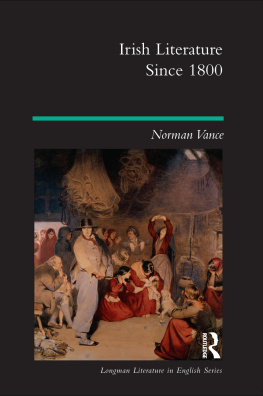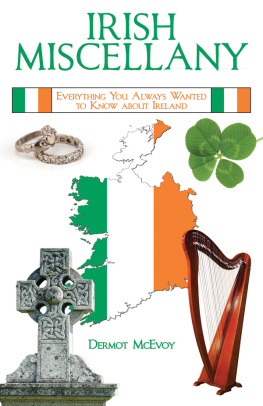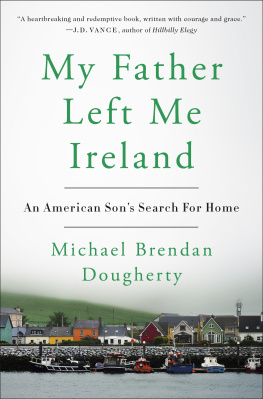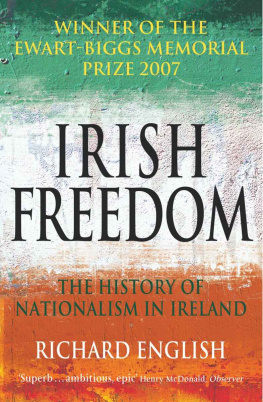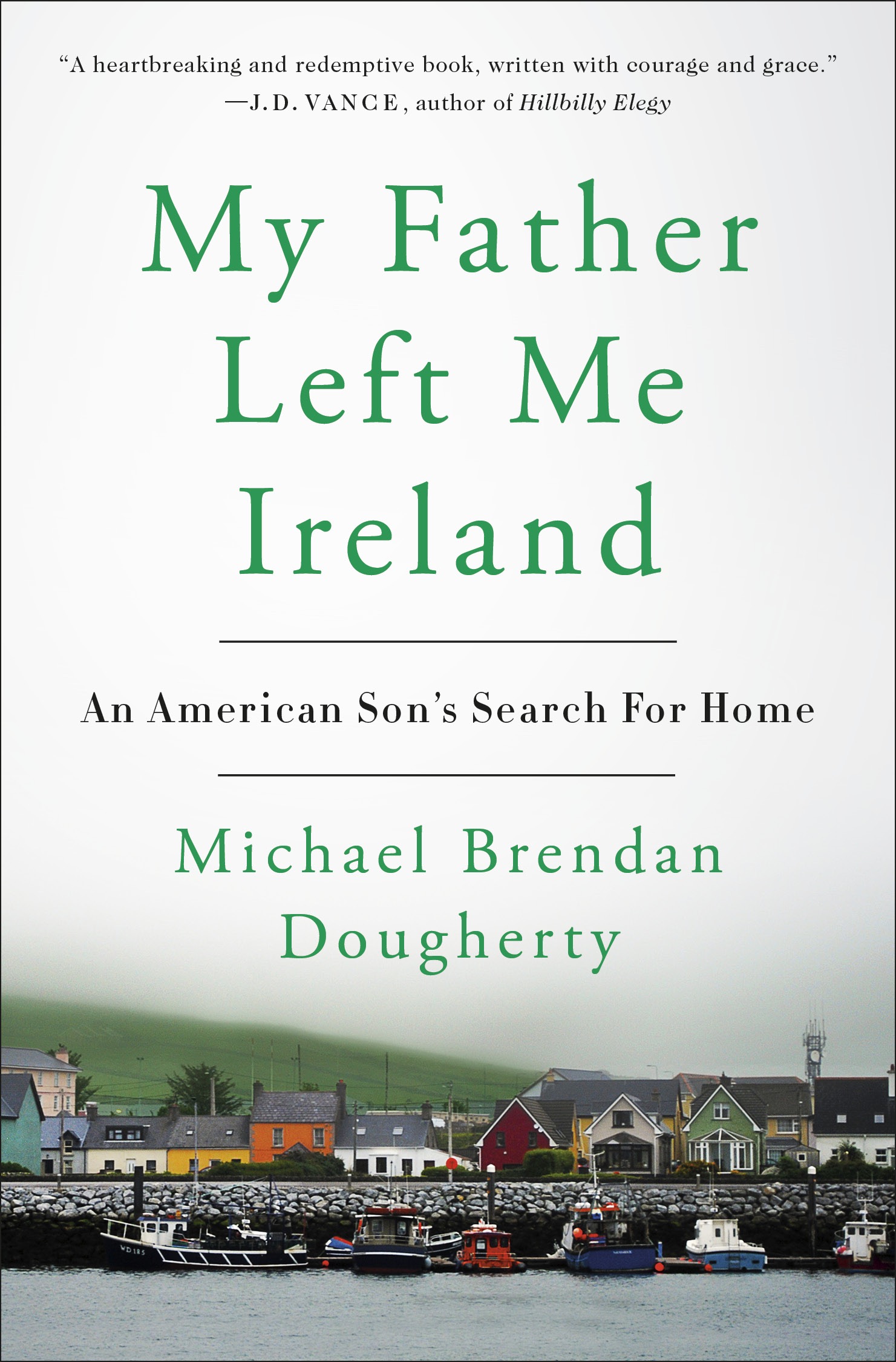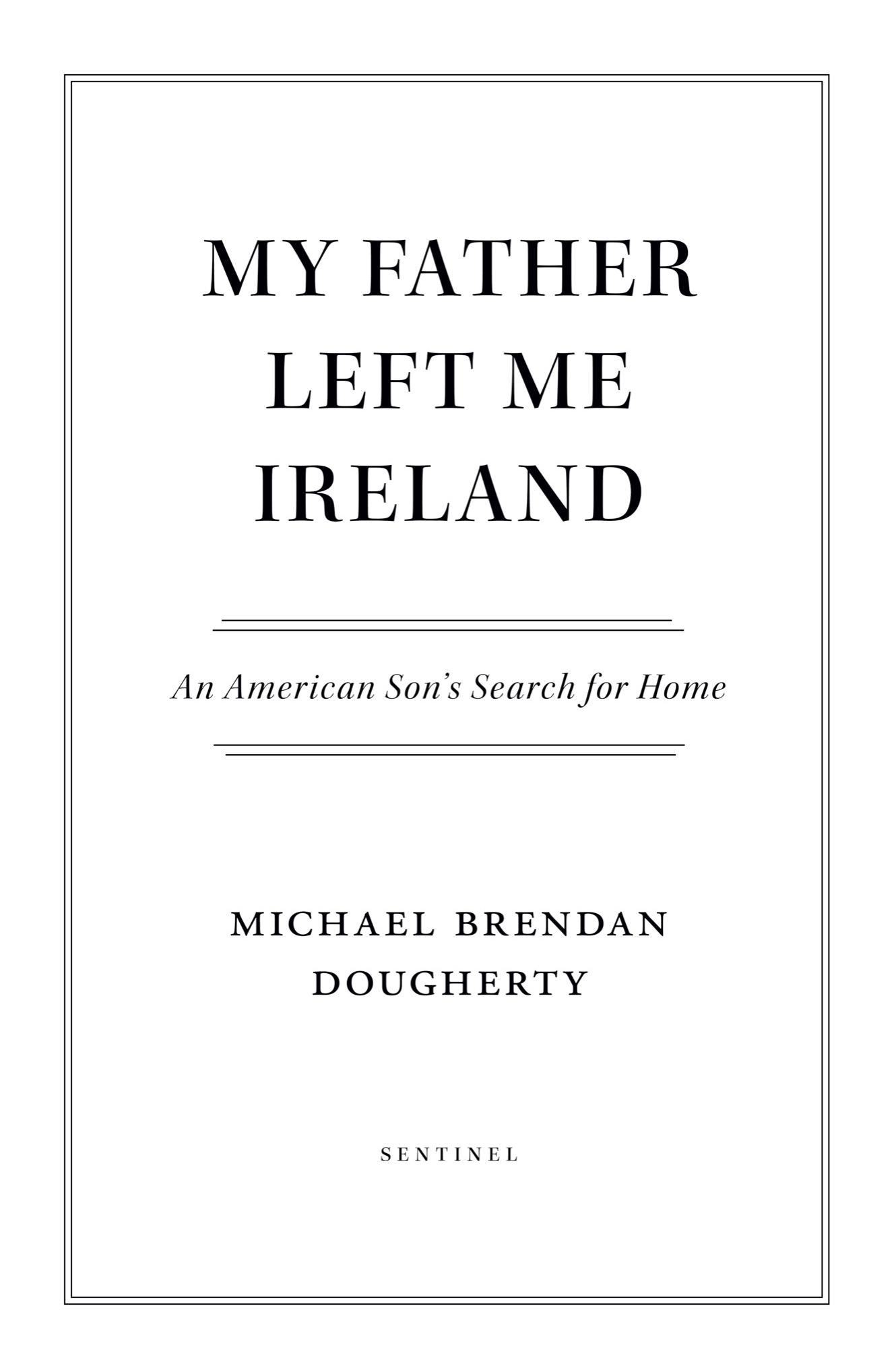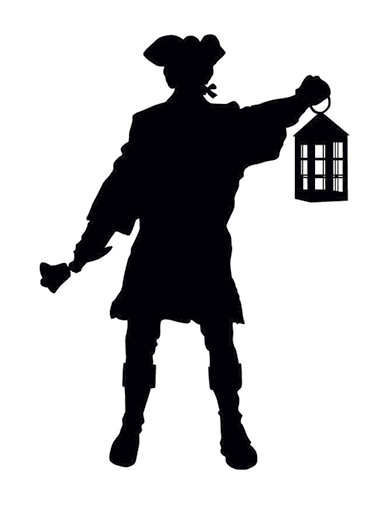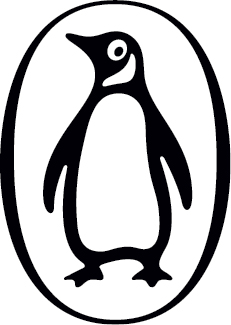Penguin supports copyright. Copyright fuels creativity, encourages diverse voices, promotes free speech, and creates a vibrant culture. Thank you for buying an authorized edition of this book and for complying with copyright laws by not reproducing, scanning, or distributing any part of it in any form without permission. You are supporting writers and allowing Penguin to continue to publish books for every reader.
Names: Dougherty, Michael Brendan, author.
Title: My father left me Ireland: an American sons search for home / Michael Brendan Dougherty.
Description: New York, New York: Sentinel, an imprint of Penguin Random House LLC, [2019]
Subjects: LCSH: Dougherty, Michael Brendan. | Irish Americans--Biography. | Irish Americans--Ethnic identity. | Children of single parents--United States--Biography. | Father and child. | Irish Americans--Social life and customs. | Irish language--Study and teaching--Anecdotes. | Acculturation. | Nationalism--Ireland. | Ireland--Civilization.
Penguin is committed to publishing works of quality and integrity. In that spirit, we are proud to offer this book to our readers; however, the story, the experiences, and the words are the authors alone.
A man who is a mere author is nothing. If there is anything good in anything I have written, it is the potentiality of adventure in me.
INTRO DUCTION
Ive been told all my life that I didnt need my father. He had left my American mother to bring me up by herself in New Jersey while he raised a family of his own back in Ireland. I was encouraged to believe that I was better off without him, that my broken home was just another modern family, no worse than any other.
But when my wife became pregnant with our first child, I suddenly realized that I was a vital link between my unborn daughter and her heritage. And I realized that my own father was that link for me, whether I liked it or not.
In my fathers absence, my mother tried to give me some sense of my Irishness. She would sing about the heroic sacrifices made for Irish freedom. She gave me the sense that out there, beyond our broken home, there was a homeland, a heritage, a patrimony.
At one point in my life, I had believed what the world told methat the idea of a homeland saved at a great price was just a harmful myth. A prominent Irish leader reiterated that view not so long ago: Sacrifice breeds intransigence, he said, The dead exert an unhealthy power over the living, persuading the living to hold out for the impossible, so that the sacrifice of the dead is not perceived to have been in vain.
But when I heard those words a few months before my daughter was born, I knew in my bones that he was wrong.
I dont think Im alone. We live in an age of disinheritance, with longings that were discouraged from acknowledging. This book of letters is my attempt at rekindling a relationship between father and son, at recovering something in danger of being lost. I wrote these to help my children have a proper home, and to know the refuge and comfort of a homeland beyond it.
I
Only Child, Single Mother
Come away, O human child!
To the waters and the wild with a faery, hand in hand,
For the worlds more full of weeping than you can understand.
W. B. Yeats, The Stolen Child
Dear Father,
Do you remember when you put the hurl into my hand? I was six, I think. It was a gray day in Clare, a kind of gray I never saw at home in America. I remember the shabby carpet of the shops floor and a mumbled instruction to put my hands at my side. A number of these hurlsthese wooden axes used in a sport I did not knowwere held up to my body for sizing. I couldnt understand much of what the men in the shop were saying. Their thick Irish accents, so different from yours, meant that in the whole world as I perceived it, I only understood you and my mother. On a day like this, it meant that the world beyond the three of us faded into the background, a little lilt on the air, a charming mumble.
All my boyhood memories of you are like this. A brief, suggestive interruption of a life I lived without you. We would meet. You would delight in your son. I would feel spoiled rotten, trying to soak up each moment together in all its detail. Then we would part. In the moments after, I would wail for want of you, before becoming quiet for days. My mother would worry for me as she navigated her own seas of love and hatred of you. Then the whole topic of my father would begin to fade from consciousness, sometimes for years. Most days, I lived as if you did not exist. It is only recently that I tried to think about what you were thinking then. Or what you felt that day.
I remember other little flashes of things about that trip to Ireland. I remember my mother, her mother, and I taking a ferry to one of the Aran Islands. We walked a five-mile stretch, and I tried to take seriously the charge a local man gave me to uncover the faeries there. He probably laughed at the predictable gullibility of Americans. But as my grandmother gingerly made her way over and through this green-and-gray labyrinth, the one that my mother assured her was the true repository of our nationality, I saw the faeries squelching in the mud near every low rock wall. I inhaled the briny Atlantic air, proud that unlike my classmates who called themselves Italian, I had put my Velcroed foot onto something solid on the opposite side of the Jersey shore. I remember later when a cab driver made the sign of the cross as we passed by the parish church. And my grandmother imitated him, having only just discovered this sign of devotion.
I remember being waist high to you and my mother in a crowded, dark pub somewhere, and the slightly renegade thrill of being in a place made for adults. I remember the way you ended your sentences with a suggestive you know. To this boys ears, it was an invitation to be with you in every story. I was working in the black market, you know. When you were born, I went straight, you know. Not very much money, you know. My impertinent counting of the drinks each of you had was appraised as the work of Americas antidrinking propaganda on the young. I remember the sound of Irish music enveloping us, that propulsive and occasionally annoying clatter of banjos, fiddles, and tin whistles. Beneath the harsh stage lights, and amidst the smell of cigarette smoke, watery stout, and mold somewhere in the building, there were men singing. And in my memory, the men singing and playing are transformed into the Irish folksingers my mother inflicted on me with her cassettes: Every baritone is Christy Moore. Every tenor, Paul Brady.

